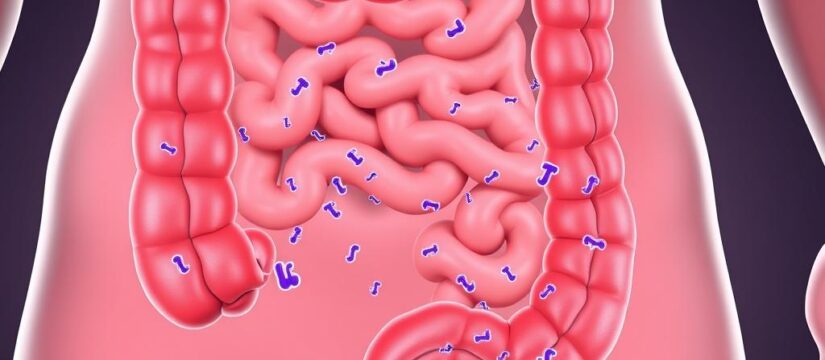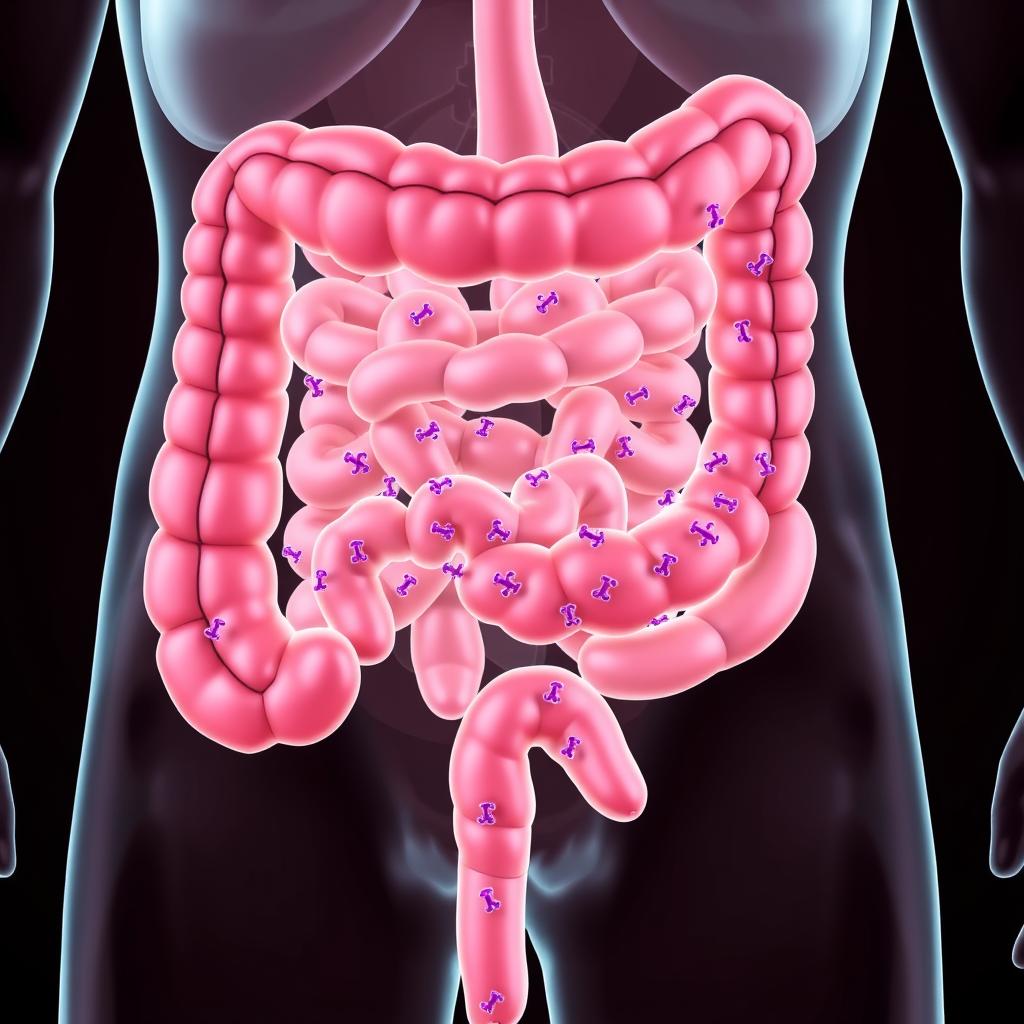
Gum Disease Bacteria May Drive Aggressive Colon Cancer
- September 13, 2019
- 1 Like
- 381 Views
- 0 Comments
Researchers have identified a specific subspecies of oral bacteria that appears to fuel colorectal tumors. The culprit is Fusobacterium nucleatum, a germ from gum disease. This bacterium is rarely found in healthy guts, but is often present in colon cancers. A new study found that a particular lineage, dubbed Fna C2, is especially common in tumors nih.gov. When scientists infected mice (with inflamed colons) with this strain, the mice developed more and larger tumors than those given other strains nih.gov. In other words, Fna C2 seems to drive cancer growth.

How it works: The research team sequenced hundreds of F. nucleatum strains from patients’ oral cavities and colon tumors. They discovered that the cancer-associated strain can survive the stomach’s acidity better than others nih.gov, suggesting it may travel intact from mouth to colon. Inflammation in the colon (as in colitis) may then allow these bacteria to colonize tumors. Once there, Fusobacterium is thought to promote inflammation and disable immune attack, creating a tumor-friendly environment. In this study, only mice carrying Fna C2 had heightened tumor formation.
Impact on patients: Previous clinical data showed that colon cancer patients with any Fusobacterium in their tumor tended to do worse (more recurrence) nih.gov. This new work pinpoints one “hyper-aggressive” subspecies that could be responsible. If further research confirms it, doctors might one day screen tumors for Fna C2 as a marker of aggressive disease. Therapies might also be developed to target these bacteria – for example, using antibiotics or bacteriophage treatments to cut this fuel supply.
Limitations: This is still early-stage research. It shows association and causal evidence in mice, but it doesn’t prove these bacteria initiate cancer in humans. Many factors lead to colon cancer (diet, genetics, etc.). Also, the mouse experiments were done in an artificially inflamed model, which may not perfectly mirror human disease. Nevertheless, the findings highlight the gut microbiome’s role in cancer progression.
Future directions: Scientists want to see if patients with Fna C2-positive tumors have worse outcomes and if eliminating the bacteria can improve results. Clinical trials might test whether antibiotics or probiotics can impact cancer growth. In any case, this adds to the evidence that oral health and gut microbes intertwine with colorectal cancer risk.



Leave Your Comment